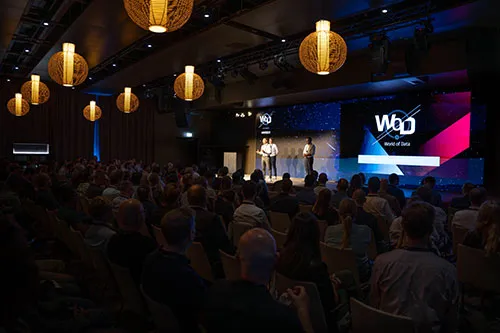The Benefits of a Fully Integrated MRM Solution
An integrated Marketing Resource Management (MRM) solution is far more than just another tool in the system landscape. It becomes your central platform for managing and efficiently utilizing marketing resources, digital assets, budgets, campaigns, content, and approvals in one place. This significantly improves transparency, quality, and the ROI of your marketing activities. In this article, we outline different paths to successful integration and help you identify the best solution for your specific needs.




















